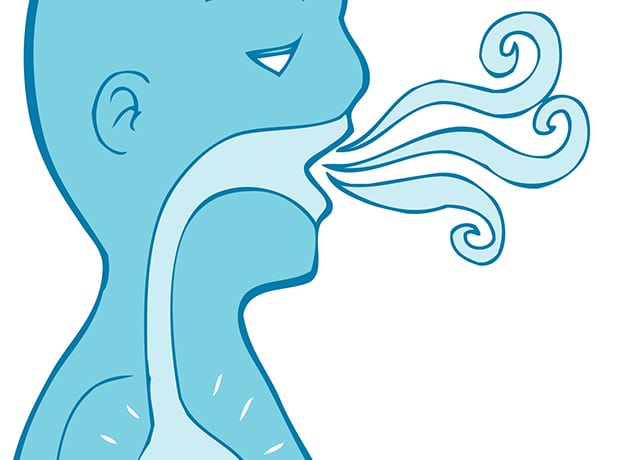Positive news for children aged six to 11 as Dupixent offers improved asthma treatment
The Committee for Medicinal Products for Human Use (CHMP) has recommended Dupixent (dupilumab) for approval for the treatment of children aged 6 to 11-years-old with severe asthma and type 2 inflammation. The European Commission (EC) is expected to announce a final decision on the Dupixent application in the coming months.
The recommendation is based on the pivotal phase 3 trial, which showed Dupixent–added to standard of care treatment – significantly reduced severe asthma attacks and improved lung function within two weeks, in children aged 6 to 11.
Asthma is one of the most common chronic diseases in children, with 11.6% of children aged 6 to 7 years affected worldwide. The incidence of asthma is higher in children than in adults, with approximately 1 million children in the UK are receiving treatment. Up to 85% of children with asthma have type 2 inflammation and are more likely to have a higher disease burden.
Dupixent has been recommended for an extended approval to treat children in this age bracket with type 2 inflammation characterised by raised blood eosinophils or raised fractional exhaled nitric oxide (FeNO), who are inadequately controlled on two maintenance therapies.
Eosinophils are white blood cells and major effector cells in the immune system. They can, however, be damaging as part of the inflammatory process of allergic disease–and eosinophil accumulation–causes symptoms in allergic asthma.
In spite of treatment with current standard-of-care inhaled corticosteroids and bronchodilators, children with type 2 inflammation may continue to experience serious symptoms such as coughing, wheezing and difficulty breathing.
Severe asthma can impact children’s developing airways and also cause life-threatening exacerbations, while uncontrolled asthma can interfere with ordinary, essential and everyday activities for children such as sleeping, attending school and playing sports.










